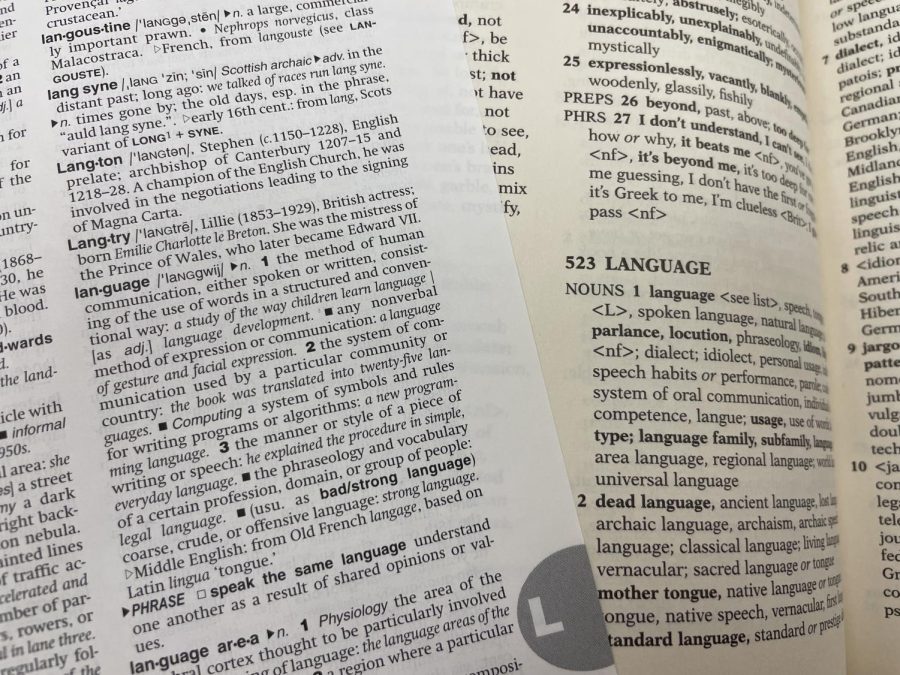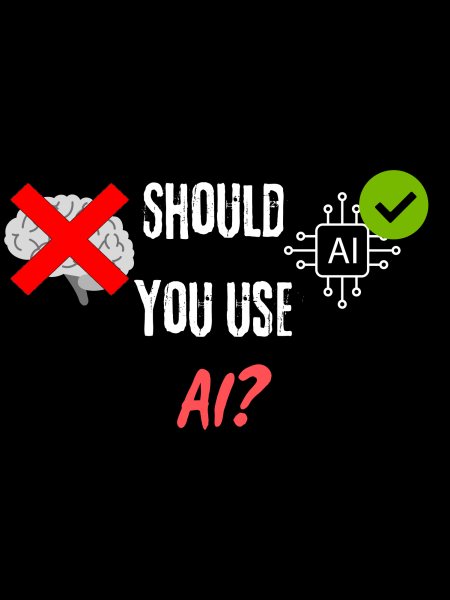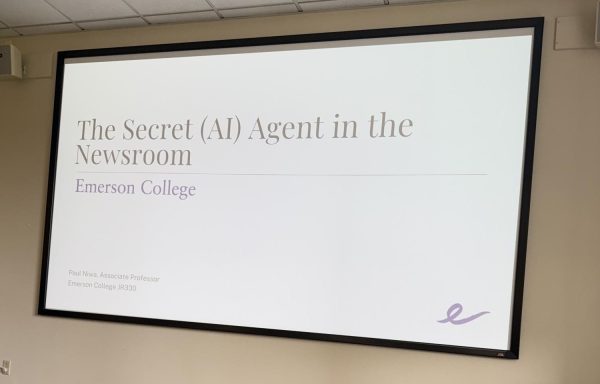Transcending the Limitations of Language
There exists no descriptors, albeit objective, to communicate the visual interpretation of any given color, excluding words that are defined with the prerequisite knowledge or conception of color itself. That would include words such as “light” or “dark” of which the individual(s) who defined them would have been subjective in their approach to do so, having only their personal visual scale of color to reference. All subsequent usages of these words, purely lexical, without the means by which to measure the reflected photons off of a surface, would be used on the scale of those who defined the words and there would be no level of strictly verbal communication that could confirm that everybody sees color on the same visual scale.
In this example, language is shown to fall short of communicating what was desired. While it may not be as prevalent in this context, the limitations of language perhaps suggest an over reliance on communicating through language. It is clear that as the cognitive capabilities of species decrease, communication through auditory functions decreases along with it. However, expression is not necessarily hindered. Take for example, a dog wagging its tail to express pride, happiness, or fright. Allow this familiar example, whether it is the dogs intention to communicate when wagging its tail or not, to set a precedent of intuitive non-verbal communication.
Just as auditory communication declines with cognitive ability, there is also a decline in implicit cognition. This includes the ability to interpret experiences, taking into account preconceived ideas or beliefs as well as the ability to think with the influence of past experiences. Using implicit cognition, a human would be able to take away a lesson from a fable or anecdote without having to be explicitly told what that lesson is. This idea of explicit versus implicit thinking is arguably overlooked in the case of language. When speaking on the limits of language, there is a focus on what may be or may not be explicitly communicated. We need not let language do all of the work. However, it is not realistic nor necessary to walk around talking through analogies and anecdotes; leave that to the poets.
Language often cannot meet requirements when called upon to express something so complex as human emotions in an explicit manner. This is, I propose, when language can become exhausted. Words may lose their meaning when used in situations where they come up short to express one’s true feelings. Why send a card to tell someone you are thinking of them if you could instead bring flowers or balloons or a home cooked meal. If a thought or feeling is expressed without language, it has the capacity to be more genuine and hold more meaning as it will be interpreted rather than explicitly communicated. Millions of species work harmoniously with each other on this planet without language everyday. Next time you find yourself about to start a sentence with “words cannot express…,” perhaps consider another avenue of expressing whatever it is you want to communicate.








